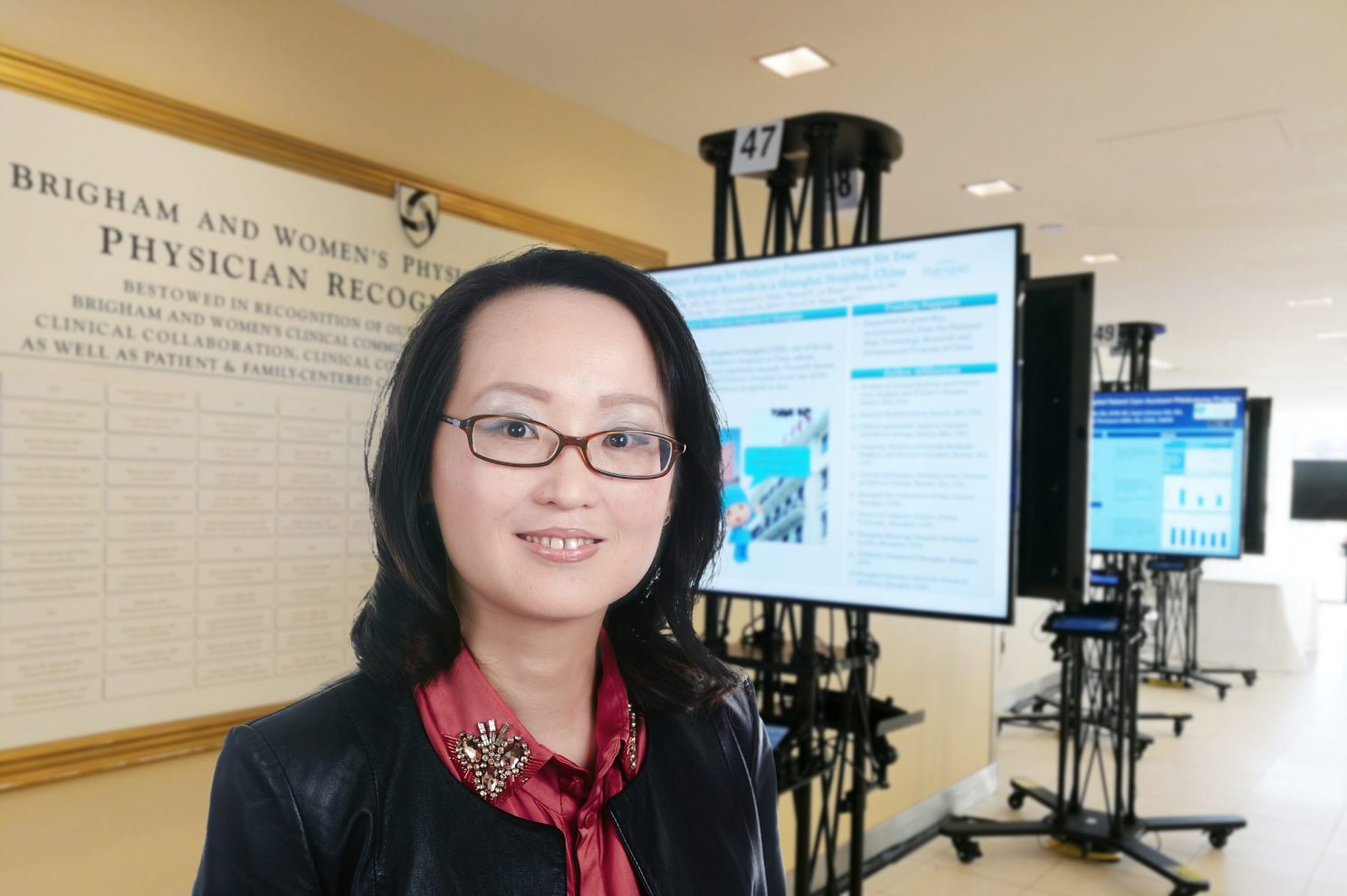Driving mega profit return through data entrepreneurship

Chunlei Tang, president and founder of Harvard’s Data Entrepreneurship Club. Courtesy of Chunlei Tang
After Chunlei Tang published “The Data Industry: The Business and Economics of Information and Big Data” in 2016, she focused her time on a problem surrounding data innovation within the healthcare industry. Data-rich profits can come from a number of sources — personal, private, or third-party — but each stakeholder may not share equitably in the profit return.
To address the challenge of data profits, Tang and her colleague Wen Chen, a Harvard Medical School researcher, decided to launch a new organization that would gather like-minded students and fellows at Harvard to accelerate driving data profits return. Besides having an outstanding publication record, Chen is also an entrepreneur with extensive experience in industrialization-research projects, such as the development of new vaccines based on aptamers and bacteria-based energy storage. The pair’s mentors, David W. Bates and James J. Chou, gave their full support to this initiative.
In March of 2018, the Harvard Data Entrepreneurship Club obtained approval at Harvard Medical School and the Harvard School of Dental Medicine. Core members include Jianxiong Sheng, Min J. Kang, Suzanne V. Blackley and Ruth Akindele. The advisors are Eugene W. Mont and Lynn A. Volk.
The club will combine research projects and new methods of data production driven by researchers’ own experiences. Creating a blockchain-based platform as a big data arena within the Harvard community is the first step, followed by recording both the ownership and innovation processes of raw data by distributed ledgers, leading to the acceleration of data-product incubation.
Even the world’s best health systems are fragmented. The data entrepreneurship team envisions sharing data and data mining results will make it possible to form economic cluster effects within the greater health care system, including hospitals, insurance companies, medical suppliers, and drug companies. Fragmented, insecure, and proprietary health care data could be completely redesigned under a blockchain-based system, to achieve the goal of rebalancing profits between the various stakeholders.
Owner and innovator privacy is the key precondition for creating a data transaction marketplace. The club is preparing to host a competition with grant awards and is looking for participants across disciplines within the Harvard-MIT community to develop innovative solutions to support the blockchain and to address privacy concerns. Interested students and affiliates from Harvard and MIT may submit an application online this October.
Following the competition and allocation of funds, the club plans to add more members and increase involvement from the extended Harvard-MIT community. Additional club-sponsored events focusing on networking and business opportunities related to the data industry will be offered as well.
For more information about how to join the club or to contact its members, please visit the website.





